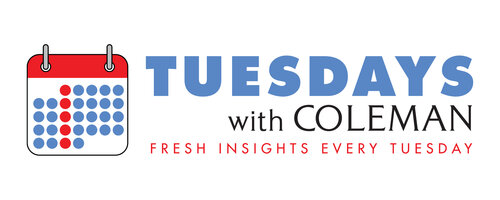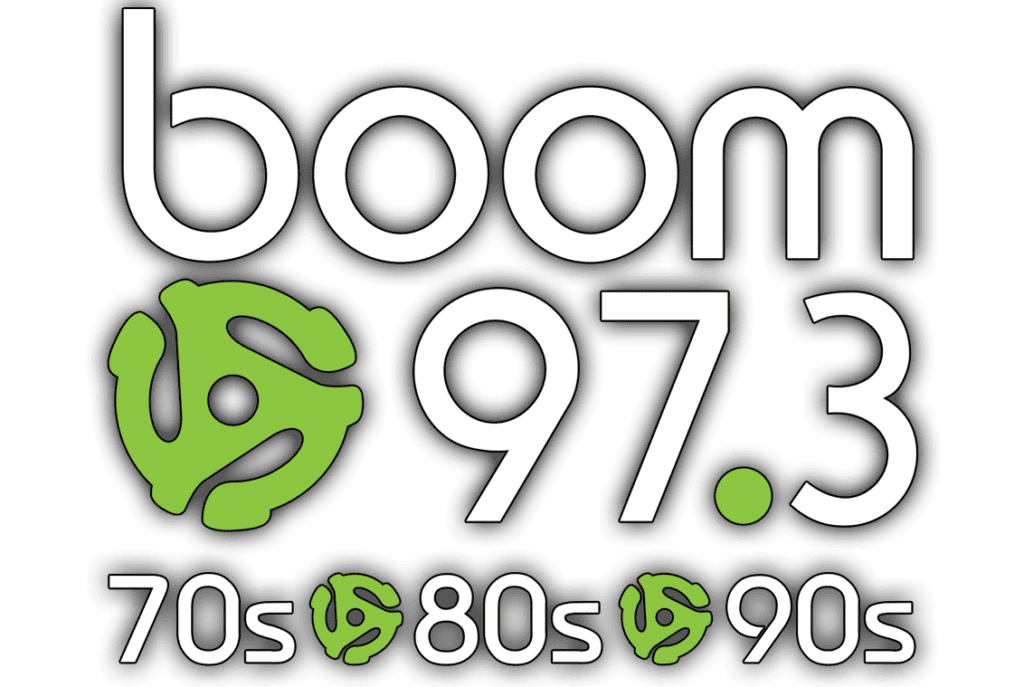
Ask me which three comedians first come to mind, and I’ll say Jerry Seinfeld, Robin Williams, and Steve Martin.
Ask my 19-year-old son Lloyd which three comedians first come to mind, and he’ll say Kurtis Conner, Drew Gooden, and Danny Gonzalez.
Never heard of them? They’re YouTubers.
Kurtis Conner brought his comedy tour to Durham Performing Arts Center a couple of weeks ago, and Lloyd was very excited to go. A comedian you may have never heard of played to a packed house of nearly 3,000 people, most appearing under 30. Who would have thought that of all the subject matter he could cover in his set, one of Conner’s bits would be about…radio.
Conner began the bit talking about his love of music, which segued into a story of how he consumes music. Kurtis Conner told the audience he listens to the radio.
The audience booed. Seriously. And loudly.
It’s challenging enough trying to figure out how to get more Gen Zs to listen to radio. The fact that they booed the mention of the word radio is another problem entirely. But what came next will hopefully spark some brainstorming. 28-year-old YouTuber/Millionaire/Gen Z hero Kurtis Conner offered a full-throated defense of the medium you and I love.
“No, no, no…don’t boo me,” Conner begged. He explained how there’s just so much content to choose from and radio makes it easy. He doesn’t have to think about it, the station just plays the music he loves. Kurtis Conner claimed to listen to the radio every day and even name-checked his hometown P1 station. “There’s a station in Toronto that plays 70s, 80s, and 90s.” “That’s boom 97.3!,” I excitedly told Lloyd. “It’s called boom,” validated Conner.
I was excited because boom 97.3 is our client.

But even more intriguing to me was the way he positioned radio to his followers. We have discussed content overload and the Paradox of Choice in previous Tuesdays With Coleman blogs. The premise is the more choices a consumer is offered, the more anxiety results, thereby making us feel worse. By reducing the amount of choice, we can reduce consumer anxiety and make them feel better about their decision.
We have seen in research studies that “free” and “convenient” are two important reasons why listeners choose radio over other media. But what if there’s an opportunity to magnify the importance of its role in reducing anxiety? In a world where we now must choose among a seemingly endless array of entertainment options, should we be emphasizing radio’s strength of curation? Would it really resonate with Gen Zers like Kurtis Conner who find comfort in curation (and, apparently, 70s, 80s, and 90s hits?)
The only way to find out is to give it a shot, and it certainly would be interesting to conduct research to see if the image resonates.
One thing is for sure. A room full of thousands of Gen Zers booing at the mention of radio should make us uncomfortable.
